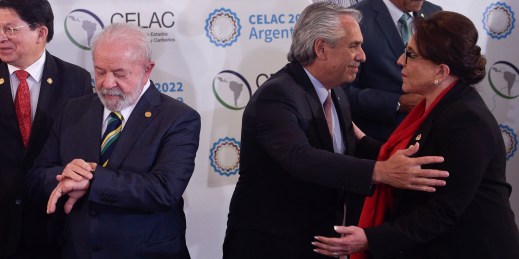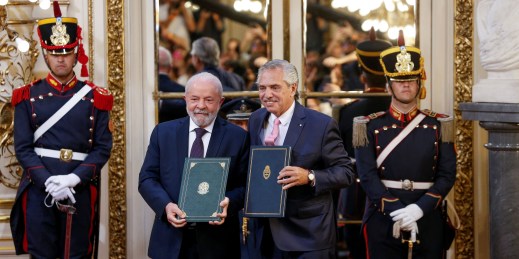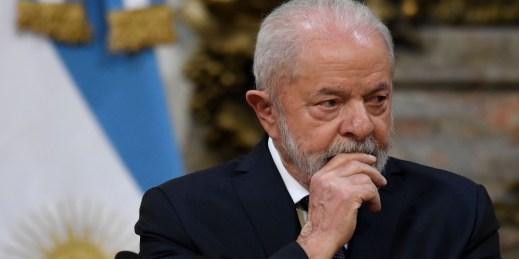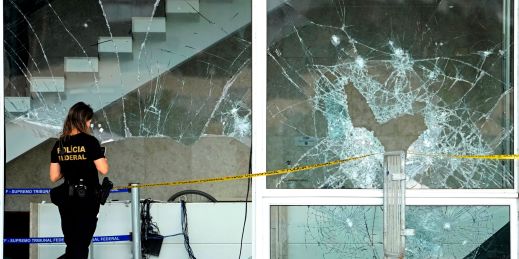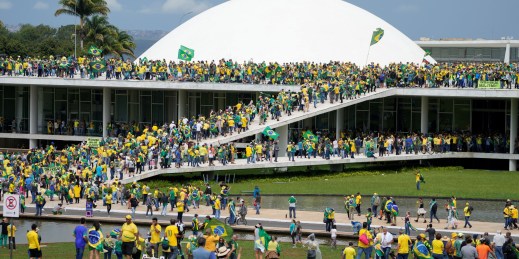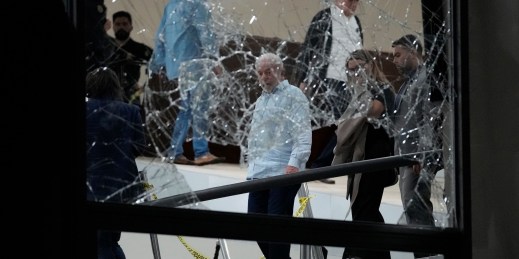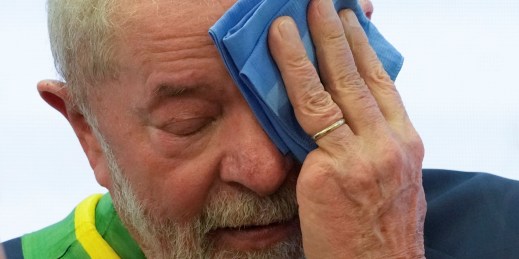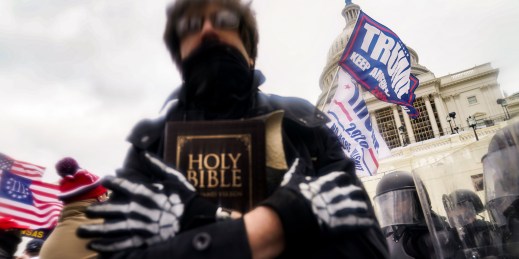
Christian nationalism is not a new phenomenon, but in recent years it has led to the consolidation of power by politically conservative, illiberal and authoritarian political leaders and parties across the globe. The storming of Brazil’s seat of government, in part driven by this ideology, is the latest evidence of this trend.

